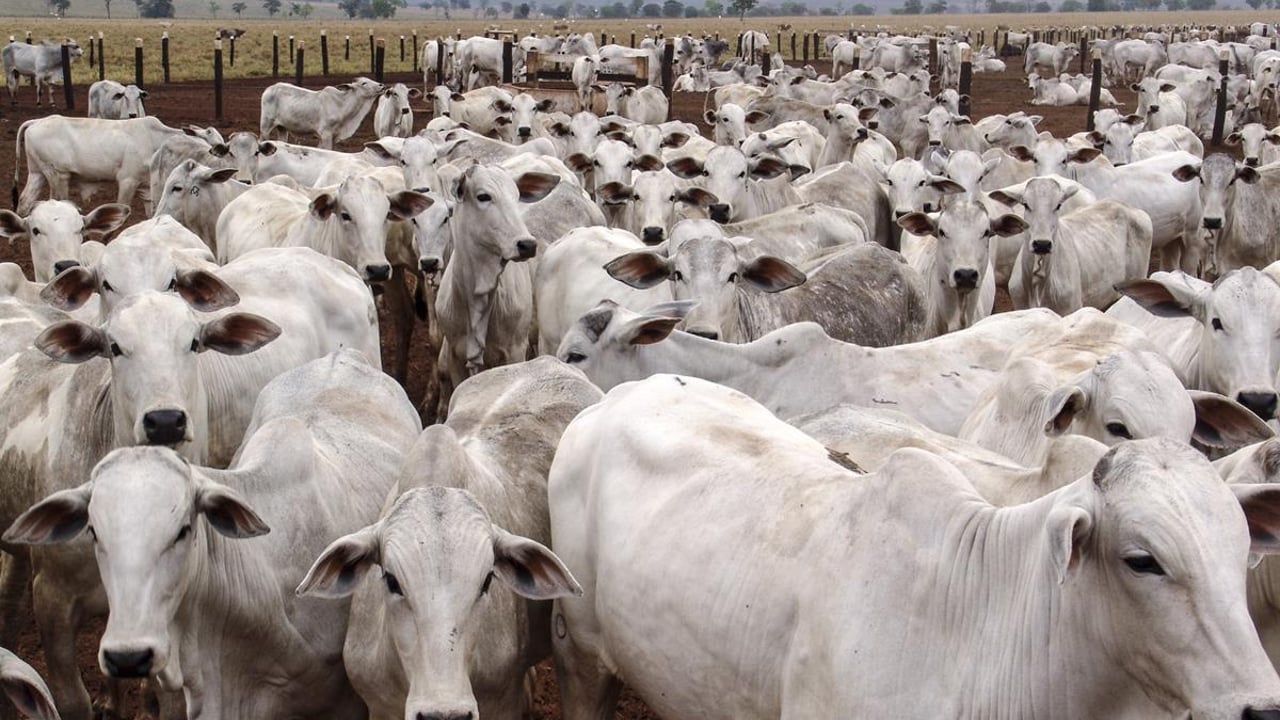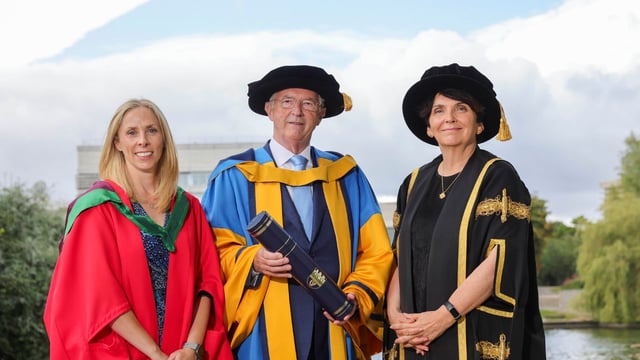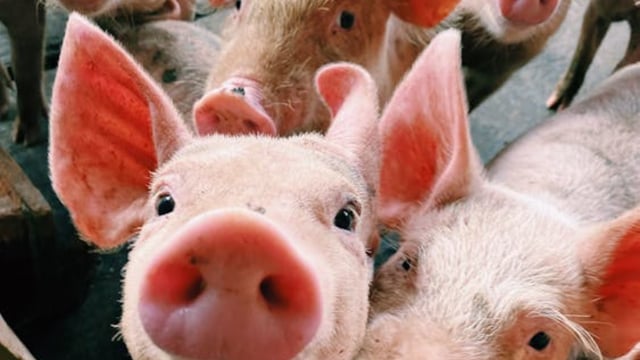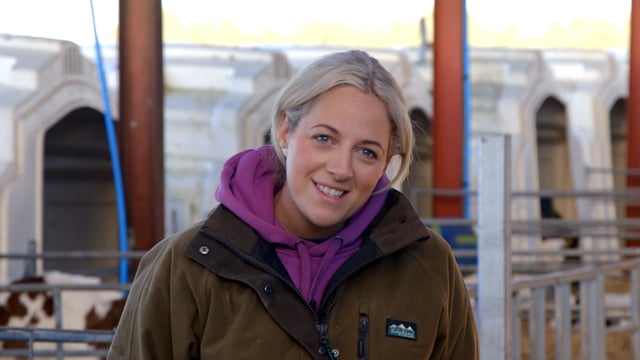Further concern over 'splitting' of EU-Mercosur Trade Agreement
An Irish MEP has raised renewed concerns that the EU-Mercosur Trade Agreement may be 'split' which may allow key trade provisions to be ratified without unanimous member state approval.
The finalised political agreement between the EU and the South American trading bloc was agreed last December, with the text of the agreement now set to be put through the EU's legislative process.
Agriland understands that the trade agreement is on a tentative agenda for a meeting of the European Commission this week, which may see the agreement formally presented to the other EU institutions for debate and potential ratification eventually.
Irish MEPs have previously raised concerns over the possible "splitting" of the deal, which may see the deal ratified without member states having the chance to veto its trade aspects.
Speaking this week, Irish MEP Nina Carberry said such a move would be "designed to sidestep national parliaments and avoid scrutiny".
The EU-Mercosur Trade Agreement as a whole contains many provisions outside of trade alone, and many of those would likely fall within shared areas of competence between the EU and the member states.
Agreements of this type normally require member states to approve the agreement individually in line with their own parliamentary procedures.
However, the issue of trade, on its own, comes under the exclusive competence of the EU, and therefore agreements concerning trade only can be ratified in line with the EU's procedure, i.e. a qualified majority vote in the European Council and a simple majority in the European Parliament.
The EU-Mercosur Trade Agreement would, among many other provisions, permit 99,000t of beef from Mercosur member states enter the EU at a lower tariff rate of 7.5%.
Carberry, a Fine Gael MEP for Ireland Midlands North-West, said: "While there is no doubting the importance of free trade for Ireland as a small open economy, the Mercosur deal as it stands would deal a hammer blow to Ireland's beef sector, with significant financial implications.
"The real issue is the clear inconsistencies in food safety and environmental rules between the Mercosur bloc and the EU.
"With the [European] Green Deal, Irish farmers are being asked to go further and faster on cutting emissions. It is simply unacceptable to then force them to compete with imports from countries that do not meet the same standards," Carberry said.
She added: "Our farmers produce some of the highest quality, most sustainable beef in the world. Sacrificing that on the Mercosur altar would be wrong.
"The key question remains, what does enforcement of standards look like? Without robust and enforceable standards this deal cannot be justified," Carberry said.





